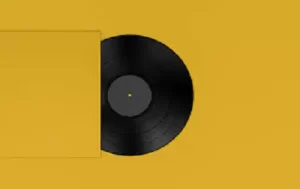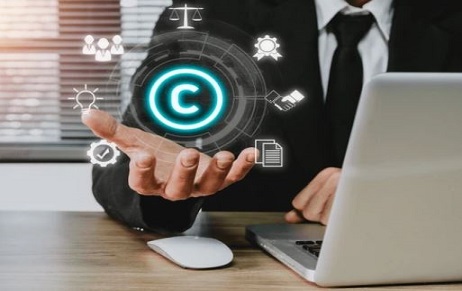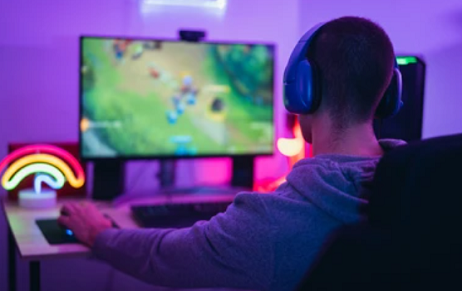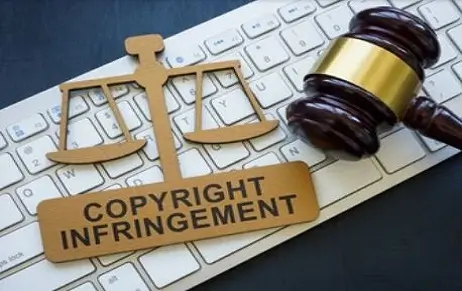“Bad Artists Steal, Good Artists Copy” This famous quote from Pablo Picasso defines what creativity…
Avoiding Copyright Infringement Of Music At Commercial Spaces
Music can evoke emotions and feelings and it creates a soothing experience, music has the ability to make a person happy and so commercial space has started using this music for their commercial purpose so that they could create a decent ambience and attract people to its places. Everyone would like to go to a place with a decent ambience where they could get rid of their stress. As many commercial spaces has started using music without knowing the risk associated with the infringement of music, the legal issue has now been attached with the music.
Music composers keep trying to protect their music but in spite of the efforts infringement is not under the control. Issues that are surfacing in the era of music is the copyright infringement of music. Some may say that using of music is adding the economic value to the country but it is not right to infringe the property of others just for your benefit. More people listen to more music now on more devices than ever before and so the infringement is on rise.
Public performance is surely attracting people as well as legal issues. Playing music at commercial spaces or public performance at commercial spaces; performers are sometimes unaware of the legal consequences they would have to suffer due to their wrong act. It is better to go through all the legal formalities involved before a performer performs someone’s music. Commercial spaces must get music license so that they do not get involved in legal problems. The problems that commercial spaces will have to suffer due to copyright infringement of music has been discussed in the article.
[Image Sources : Shutterstock]
If a music is for playing, why does it get infringed? A composer of a music has a sole right to protect his/her music from getting commercially used. In a commercial space like restaurant or stores if the music is creating an environment which is attracting the people to the place, if the music is creating a decent ambience that means commercial spaces are using that music for its commercial purpose. This would lead to copyright infringement of the music composer’s music. Even though music is for playing, a composer of music cannot allow it’s commercial use and allow others to gain from it.
Does that mean music cannot be played in commercial spaces?
A person can use copyrighted music for a commercial use by obtaining a music license. If he/she fails to do so, they will be held liable under Copyright Act.
As per section 63 of Copyright Act, a person committing offence of copyright infringement shall be punishable with imprisonment for a term which shall not be less than six months which may extend to three years and with a fine which shall not be less than fifty thousand rupees but which may extend to two lakh rupees.
Section 63A mentions about second and subsequent conviction of copyright offence shall be punishable with imprisonment for a term which shall not be less than one year but which may extend to three years and with a fine which shall not be less than one lakh rupees but which may extend to two lakh rupees.
Copyright infringement being an offence and so the license criteria protect the work of the music composer. The commercial spaces can get their music license as per Section 33 of the Copyright Act from Performing right society or the Copyright society.
The commercial spaces can rely on the following Copyright Society’s to get the music license.
- Phonographic Performance Limited (PPL) – It deals with the songwriters and music composers for sound recording. As per section 18 of Phonographic Performance Limited (PPL) music license is granted at commercial spaces for pre recorded music like CDs, radio, music cassettes or any other audio visual form.
- Indian Singer Rights Association (ISRA), incorporated in 2013 deals with the right of singers, it administers the performance of its singers and distributes royalties collected among its singers.
- Indian Performing Rights Society (IPRS) – It deals with music composers and lyricists rights in musical work and literary work. As per section 18 of Indian Performing Rights Society (IPRS), it grants music license when a live event is conducted or live band or performance at stores or restaurants.
However, it has to be known that if a person does not get a music license can they play music for commercial use? Yes, they can.
There are certain criterias for a music to be played at commercial spaces without obtaining music license.
- If the music is played at amateur club as a part of its activity and if the club is not conducted for gaining profits.
- If the copyright period of the old music is expired.
- If the area of the commercial space is less than 5000 square feet, it is allowed to play TV or radio.
- If a person is a seller of recorded music, then it is allowed to play music or recorded songs in store only for promoting it.
- A music can be performed at commercial space without license if the music is originally composed by the person of that particular commercial space or if the music is performed by the person performing it.
Copyright infringement cases
The Indian Singers Rights Association vs. Chapter 25 Bar and Restaurant, 2016
In this case, the defendant, Chapter 25 Bar and Restaurant, was violating the rights of the plaintiff, Indian Performing Rights Society (IPRS), it violated the right of public performance and right to receive royalties of the plaintiff. The court held that exploitation of the performance of the members of the Plaintiff by defendant without obtaining Performers’ Rights Clearance Certificate clearly infringe the rights of the Indian Performing Rights Society. And so, the court had held the defendant liable to pay fine of rupees 20,000.
Performing Rights Society vs. Hawthorns Hotel, (1993) Ch 855
In this case, a performance was arranged by the Hawthorns Hotel, the defendant for its guests without obtaining music license. The court held that as the hotel was using music for commercial purpose, it infringed the copyright by playing it in public as a public performance on a payment.
It is important to know that simply giving credit to the composer does not make a person the owner of that music. Some of the misconceptions related to music licensing should be cleared.
- A person cannot simply give credit to the composer of music and get the license automatically.
- If any music is available for free download, it does not mean that a person can use the music for commercial person as downloading the music for free won’t grant license automatically.
- If a music is labelled ‘royalty free’ it does not mean a person can use it freely for commercial purpose.
- Non-commercial videos do not have any special privileges when it comes to music licensing.
Conclusion
It would not be wrong to say that music has become universal language as it can evoke emotions and commercial spaces has started using this music for their benefits. It is good that music is been used creatively to make a decent ambience. However, it must be remembered that using someone’s music would surely lead to legal implications if the legal requirements are not followed. With the growing legal disputes, the commercial spaces need to be aware of the legal formalities involved in the use of Intellectual Property of others. Commercial spaces add economic value to the society but at the same time, the copyright infringement of music is creating legal disputes and this infringement problems are arising due to improper use and performance of the other people’s published songs. Commercial spaces must adhere to the legal requirements so that they do not get involved into copyright infringement matters.
Author: Bhargavi Nimje – a student of Shri Navalmal Firodia Law College (Pune), in case of any queries please contact/write back to us via email [email protected] or at Khurana & Khurana, Advocates and IP Attorney.



